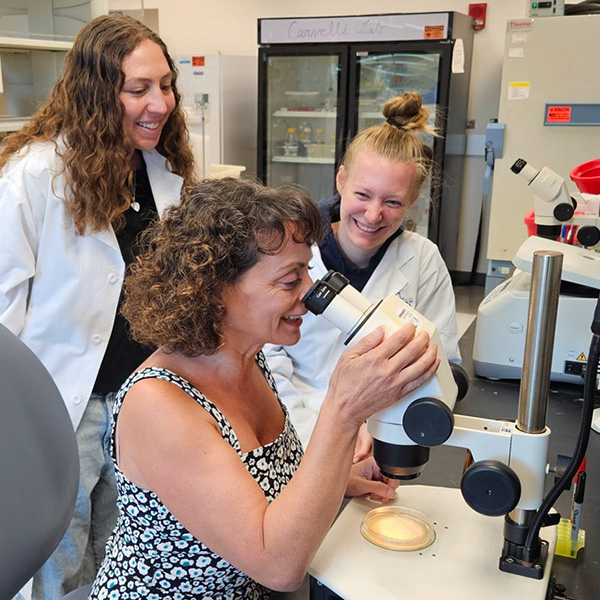
FAU’s Lucia Carvelli is using a tiny worm, C. elegans, to study what happens within an embryo after exposure to high doses of amphetamines. Results show that such exposure during embryogenesis alters the expression of specific genes in the dopaminergic system. Such modifications cause behavioral changes in adult animals across diverse species.
An advantage of using C. elegans as a research model is that its embryos can develop outside the uterus and in the absence of maternal care. “Our results were not influenced by possible amphetamine-induced epigenetic or behavioral modifications passed through maternal care, but they are a direct consequence of biological alterations,” of the embryo, says Carvelli.
View Related Expert Profiles: Go to Source